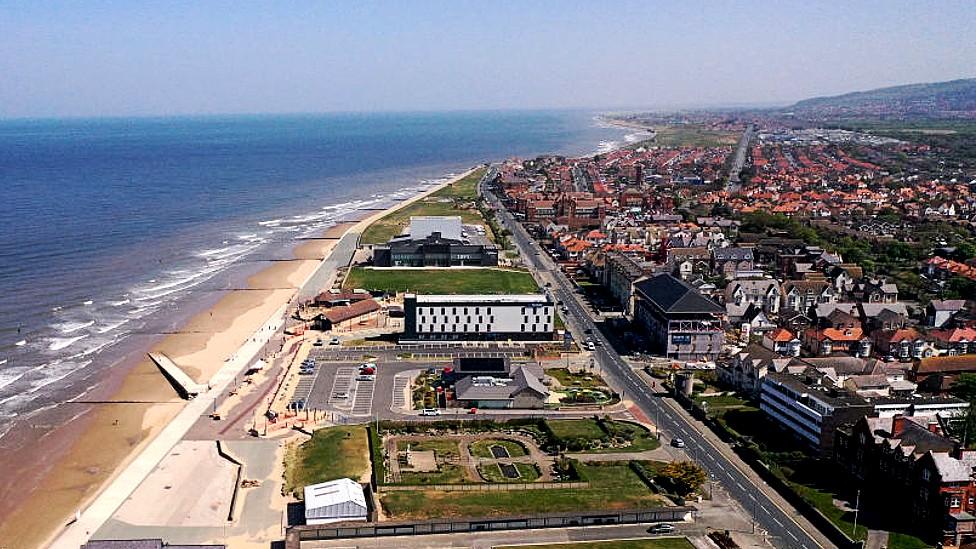Second homes behind homelessness rise in Gwynedd, report says
- Published
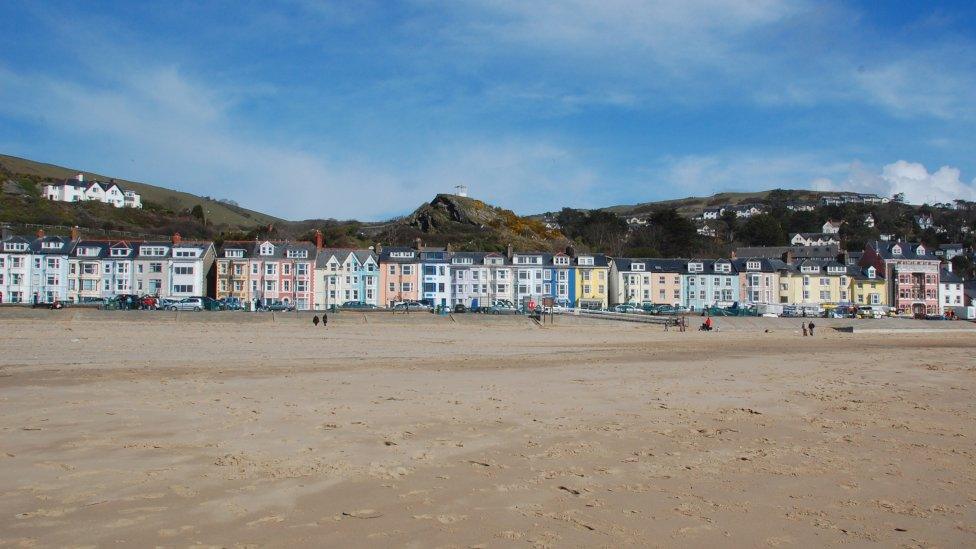
About 40% of Gwynedd's housing stock in 2019 was sold to second home buyers, the report found
A significant number of houses being sold as second homes in a Welsh county is one the causes of an "astonishing" rise in homelessness, a report says.
Homelessness in Gwynedd rose by 48% between 2019-20 and 2021-22, according to the council's latest housing report.
The report added 40% of the county's housing stock in 2019 went to second home buyers.
Other factors, such as the Covid pandemic and the cost of living crisis, were also cited in the report.
Presenting the report to the housing department's homelessness service, councillor Craig ab Iago, said someone was presenting as homeless in the county every hour and a half, according to the Local Democracy Reporting Service (LDRS).
He said there were 652 homeless people on the council's books, with 36 children in bed and breakfast accommodation.
There was also an 186% rise in people living in temporary accommodation between 2019 and 2022.
Mr ab Iago said: "We are living in the midst of a real housing crisis."
He added about 15% of Gwynedd's housing stock was being "used as bolt holes or investment properties - rather than homes".
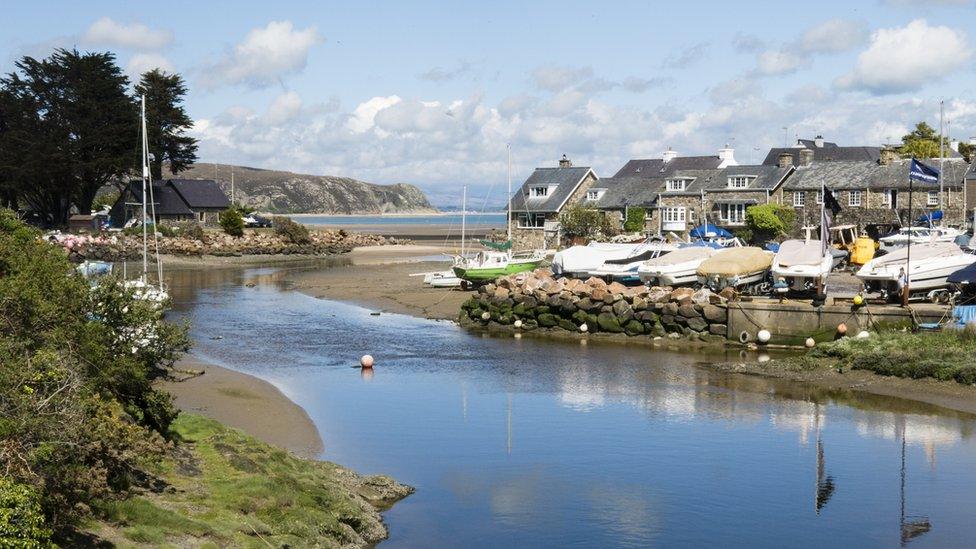
Abersoch sees its local population of 600 skyrocket to 30,000 in the summer
Average housing prices in the county stand at £244,000, with average wages at about £30,000 per year, making homes and mortgages unaffordable for many, he said.
He added the average rent was £700 per month, adding "if indeed you can even find a property to rent".
The report also revealed 6,997 children in Gwynedd were now classed as "living in poverty" - around 34.4% of the population of young people.
More than 3,000 people were on the waiting list for social housing, and 65% of Gwynedd residents in 2020 could not afford to buy a home.
The report also noted the impact of the pandemic, legislative changes over homelessness support entitlement, the end of the Welsh Government's Hardship Fund, rising prices and the cost-of-living crisis and landlord decisions to end tenancies to move into more profitable markets.
Mr ab Iago described "positive efforts" to address the issue, including the council earmarking its 150% council tax premium rise to go towards tackling the problem.
- Published13 June 2023
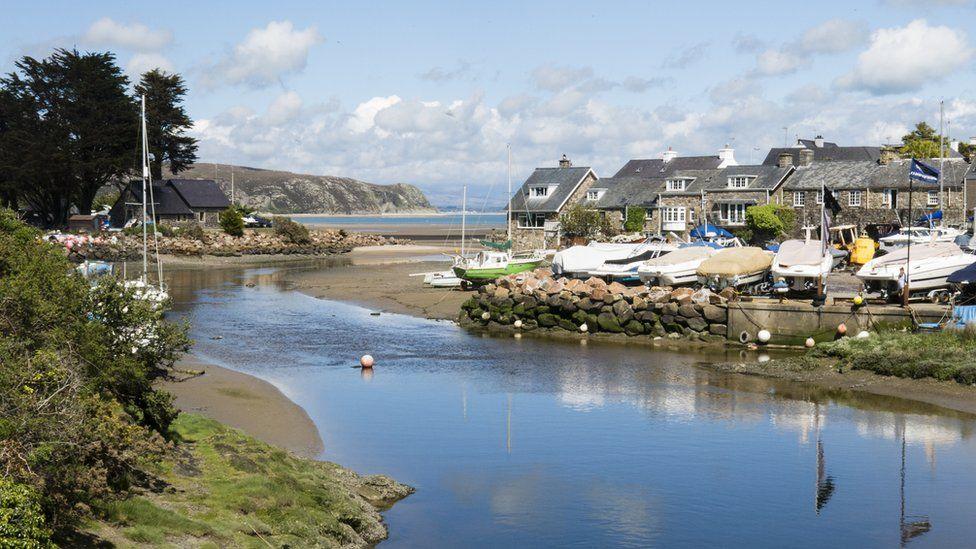
- Published24 January 2023
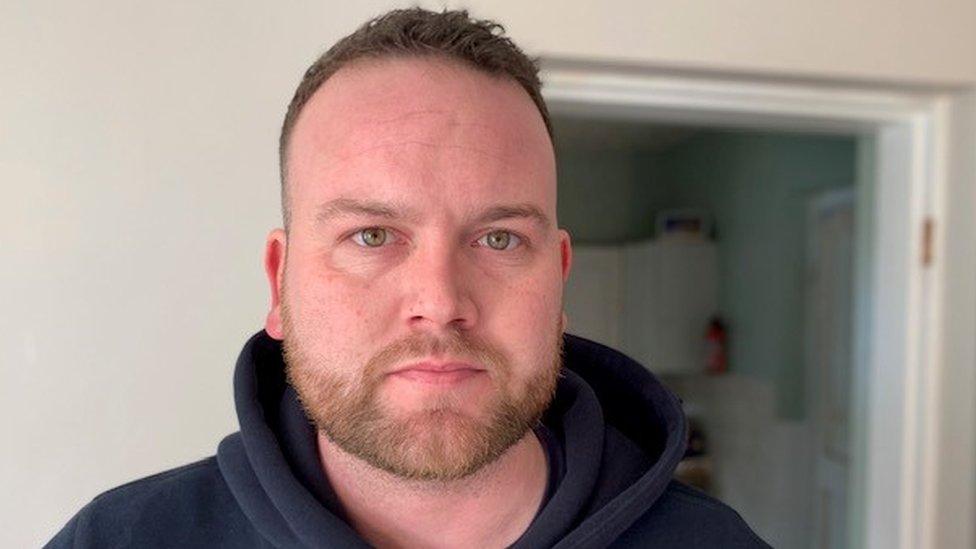
- Published20 February 2023

- Published13 April 2023
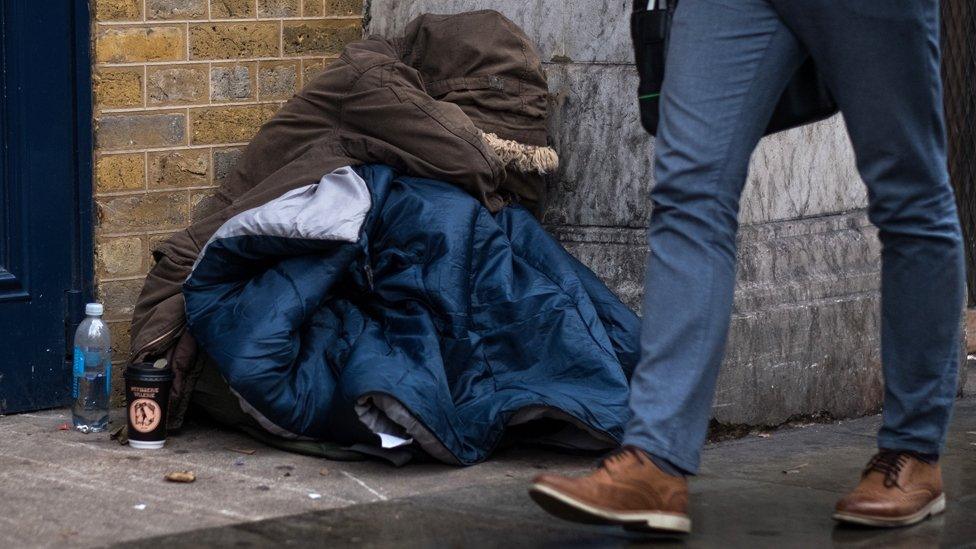
- Published24 April 2023
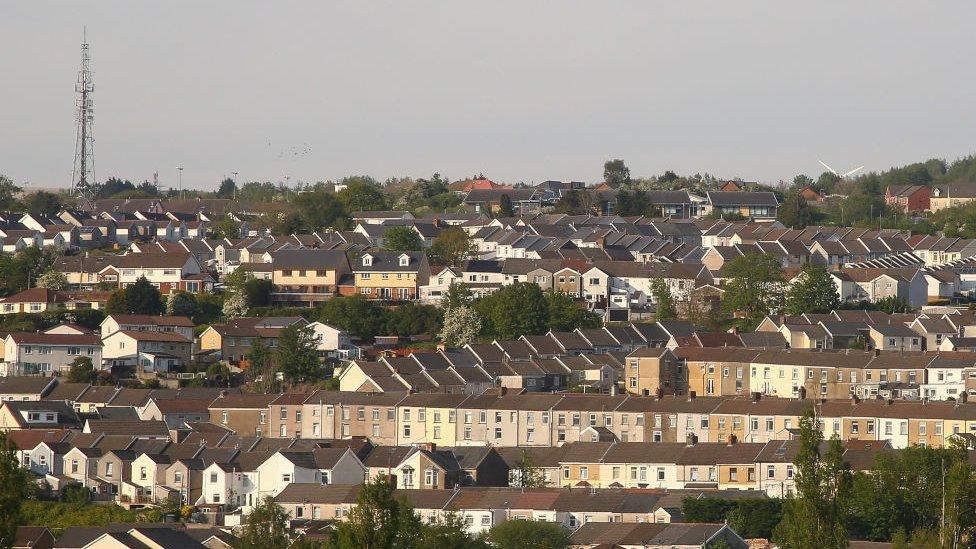
- Published21 March 2023
